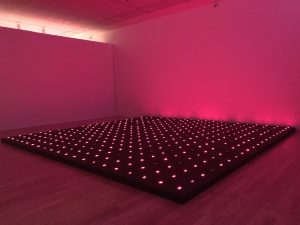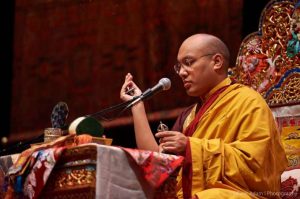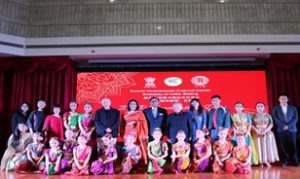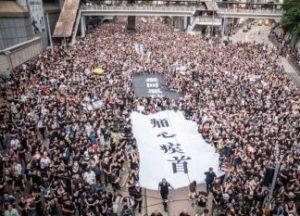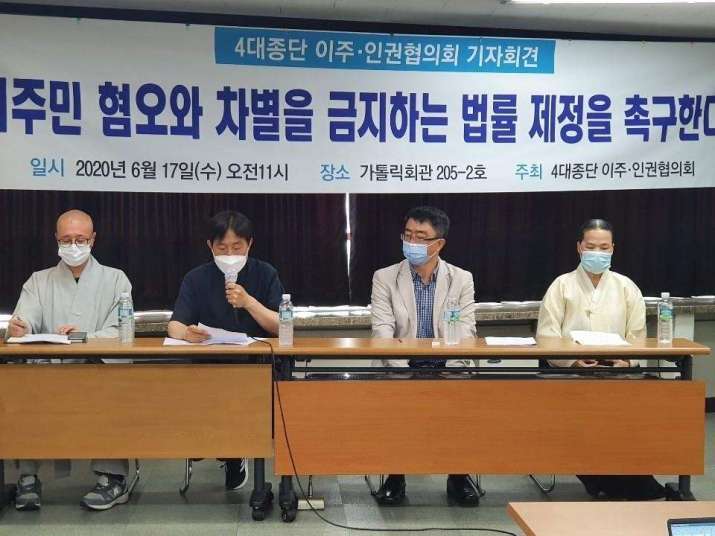
A human rights advocacy group composed of the two largest Christian organizations and the two largest Buddhist orders in South Korea on Wednesday issued a call for government legislation to protect the country’s minorities from hatred and discrimination. Speaking from Seoul, the religious leaders urged citizens and politicians to acknowledge persistent racial discrimination in South Korea, in particular against migrant workers and other minorities.
“Although the country ratified the International Convention on the Elimination of All Forms of Racial Discrimination of the UN in 1979, it fell short of banning such acts under the law and has received remedial recommendations,” read the statement released by the group. “The country should drop its cavalier approach that racial discrimination is the problem of other nations, and should enact a law that corresponds with the human rights standard of the UN.” (The Korean Herald)
The statement referred to the protests in the United States—which have spilled into over 20 other countries—against the killings of African Americans by law enforcement officers, including the killing of George Floyd in Minneapolis in late May.
The group, composed of leaders from the country’s major religions including Catholicism, Protestant Christianity, Won Buddhism, and Seon Buddhism, was formed in 2014 in order to address the rights of social minorities.
The group specifically pointed out the hardships facing migrant workers in South Korea at early stages of the COVID-19 pandemic when trying to access pandemic-related information and buy face masks. The group asked the government to look into whether this was due to “lax regulations and unfair policy” toward migrant workers and other minorities. (The Korean Herald)
Other minorities are also finding increased hurdles to care amid the coronavirus pandemic. Earlier this month it was reported that sexual minorities also face increased difficulties in finding resources to deal with COVID-19 in South Korea.
“Sexual minorities might be experiencing difficulties amid social stigma and prejudice as people’s attention focused on COVID-19,” according to Lee Jong-geol, secretary-general of Between Friends, a human rights advocacy group for gay men. (Korea Biomedical Review)
Pastor Woo Sam-yeol, representing the National Council of Churches in Korea, said: “Our society does not understand how serious the country’s racial discrimination problems are.” He added that the issue was not a matter of weighing pros and cons but instead something that should be completely eradicated.
In a 2019 publication, the Jogye Order of Korean Buddhism, the nation’s largest Buddhist order with some 1,900 active temples, more than 13,000 monastics, and some seven million lay followers, noted active projects aimed at helping minorities:
Additionally, the Jogye Order of Korean Buddha formed the Labor Committee in January 2016 to provide necessary, compassionate support for laborers, women, minorities, human rights issues, and the elimination of poverty. Specifically, they have implemented clear action plans such as Mucha-Daehwe Dharma discussion and festival, Dharma talks, and Templestay as avenues for listening to the voices of minorities and empathizing with them. Most recently, they have remained focused on paying tribute to the victims of Sewol Ferry tragedy, which killed nearly 300 passengers, as well as adding more voices to its investigation while urging the speedy recovery of the missing bodies by fasting, prostrating, praying, and putting on cultural performances. (Jogye Order of Korean Buddhism 54)
Won Buddhism represented some 130,000 South Koreans as of a 2005 census, up from just 86,000 in 1995.* In 2015, Rev. Sangwon Hwang represented Won Buddhism in the “Statement on Racism from Buddhist Teachers & Leaders in the United States,” which stated in part:
The Buddhist teachings are grounded in a clear recognition of suffering, an ethical commitment to non-harming and an understanding of interdependence: We can’t separate our personal healing and transformation from that of our larger society. The historic and continued suffering of people of color in this country—of African Americans, Native Americans, Latinos, Asian Americans and others—is our collective suffering. The harm caused daily is our collective responsibility. Once we see this suffering, our freedom unfolds as we respond with a wise and compassionate heart. (Jack Kornfield)
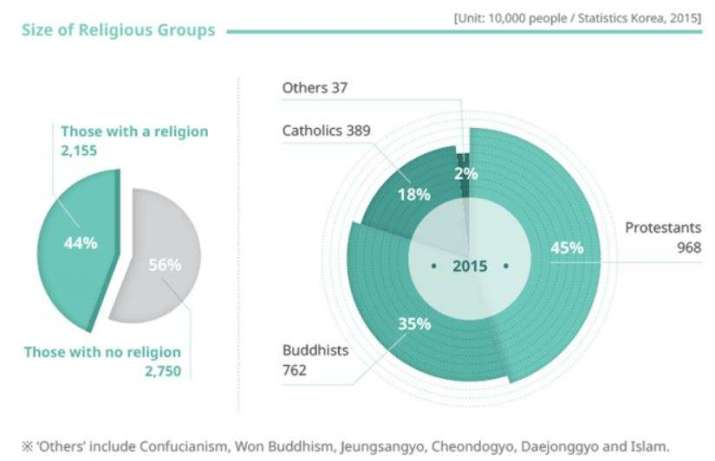
According to 2015 census data, 56.1 per cent of South Korea’s population holds no religious affiliation. Christians make up the largest religious segment of the population at 27.6 per cent, and Buddhists account for 15.5 per cent.
* Baker, Don. 2011. “Korea’s Won Buddhism: is it really a new religion?” Paper presented at the CENSUR Center for Studies on New Religions International Conference. Danshui, Taiwan, 2011.
See more
S. Korean religious activists call for legislation banning discrimination against minorities (The Korean Herald)
Covid-19 fight at critical juncture amid slackening tension (Korea Biomedical Review)
Jogye Order of Korean Buddhism (Buddhism in Korea)
Statement on Racism from Buddhist Teachers & Leaders in the United States (Jack Kornfield)





